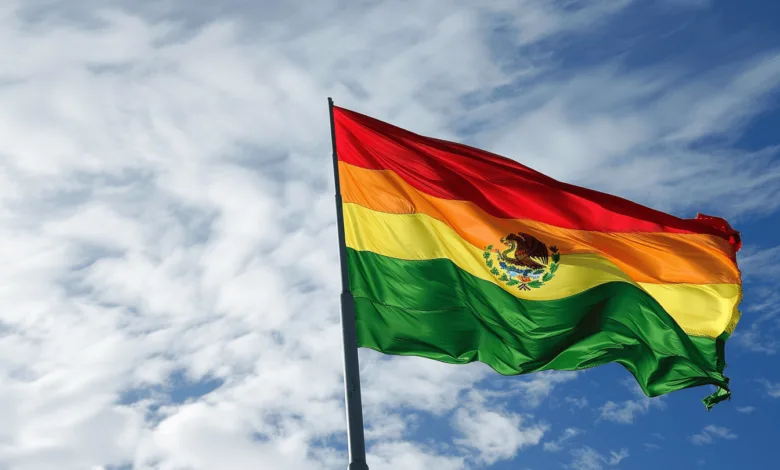
In recent years, South America has witnessed a remarkable shift towards embracing digital currencies. Among the nations leading this financial revolution, Bolivia stands out as it ventures into the realm of cryptocurrency. Bolivians now have a unique opportunity to invest in digital assets, thanks to one of the country’s prominent financial institutions introducing a dedicated custody service for the stablecoin, Tether (USDT).
Bolivia Embraces Digital Currency
Known for its rich cultural heritage and diverse landscapes, Bolivia is the latest South American nation to adopt cryptocurrency. Banco Bisa, one of Bolivia’s largest banks, has taken a significant step by launching a custody service exclusive to Tether. This development signifies the official entry of digital currency into Bolivia’s financial sector, making it the third country in the region, after Brazil and Argentina, to embrace digital assets.
The newly introduced custody service empowers Bolivians to trade USDT, enabling Banco Bisa’s clientele to buy, sell, and hold digital currency within a secure and regulated environment. According to Banco Bisa Vice President Franco Urquidi, the bank’s latest offering prioritizes safety, providing clients with a secure platform for conducting their crypto transactions. Urquidi emphasized that all transactions must originate and conclude within the bank’s accounts, ensuring strict control and oversight. He further noted that Banco Bisa implements a rigorous verification process for its clients, ensuring the highest level of security.
Government’s Role in Supporting Cryptocurrency
The Bolivian financial regulatory body, Autoridad de Supervision del Sistema Financiero (ASFI), has expressed its support for Banco Bisa’s initiative to offer a custody service for cryptocurrency. ASFI representative Yvette Espinoza highlighted the potential benefits of this service for Bolivians, offering them a chance to invest in the cryptocurrency market while adhering to financial regulations designed to mitigate risks associated with digital currencies. It’s worth noting that Bolivia had previously banned the use of cryptocurrencies in 2014, prohibiting citizens from using currencies not regulated by the state.
However, ten years later, Bolivian authorities have reconsidered their stance, ultimately lifting the ban to allow citizens to engage with cryptocurrency in line with global trends. The state-run Banco Central de Bolivia has defended this policy shift, citing the desire to align with Latin American crypto regulations and enhance the nation’s economy by introducing new investment opportunities.
Regional Trends in Cryptocurrency Adoption
Bolivia’s embrace of cryptocurrency is part of a broader trend across South America, where demand for digital assets is on the rise. Statistics reveal a significant increase in crypto users in the region, growing from 6% in 2017 to 16% in 2020. This surge underscores the growing acceptance and integration of digital currencies in the financial landscape of South America.
In a similar move, El Salvador, another South American nation, recently made Bitcoin its official national currency to invigorate its financial industry. This bold step reflects a wider movement across the continent, where countries are exploring innovative ways to leverage digital currencies for economic growth and development.
As Bolivia and its neighbors continue to explore the potential of cryptocurrency, the region is poised for a transformative shift in its financial dynamics, promising exciting opportunities for investors and the broader economic landscape.







